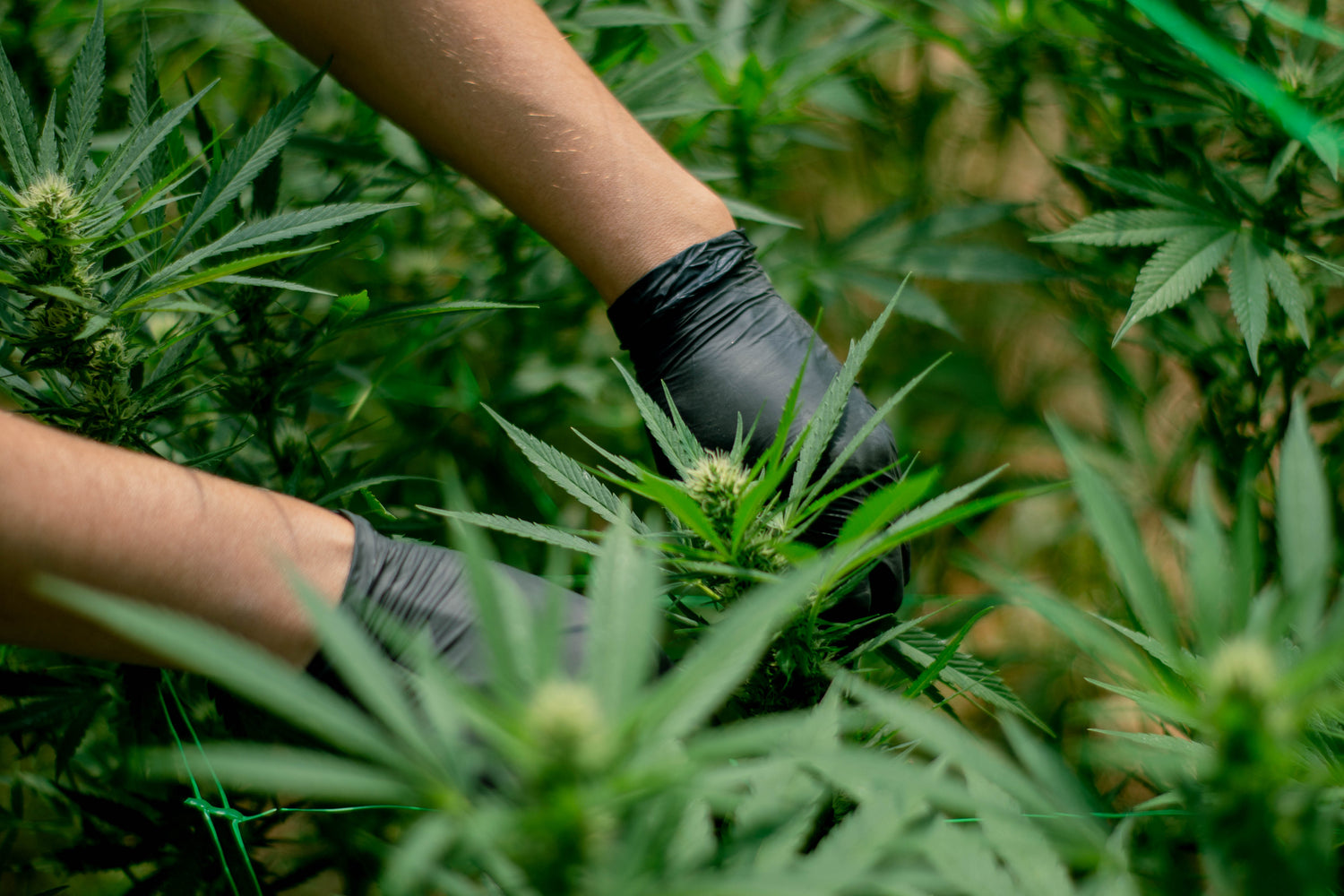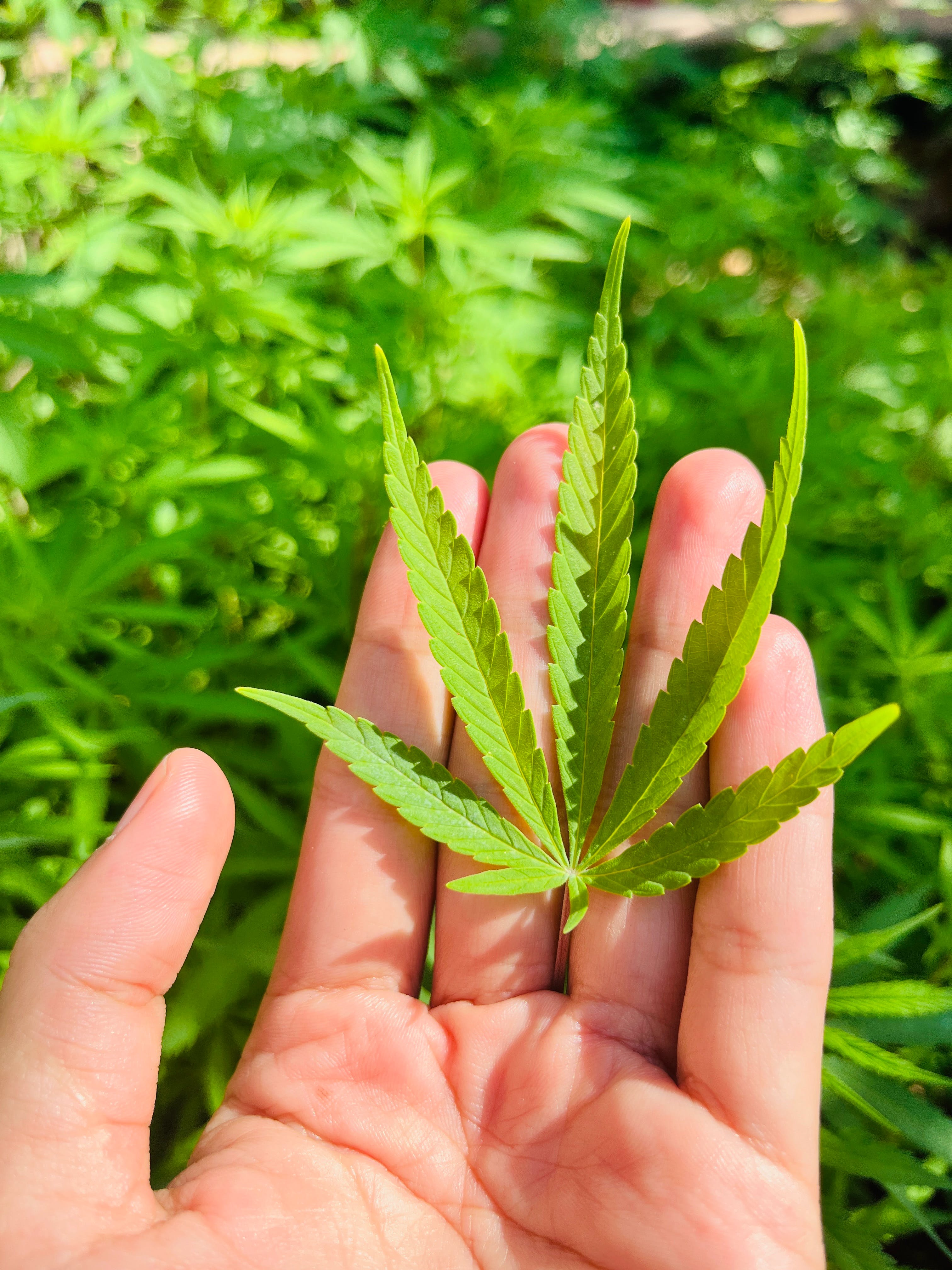About CBD

Unlocking the Power of CBD for Health and Well-Being: Exploring the Scientific Foundations
Hemp, CBD, Cannabis, THC, Marijuana, and Psychotropic Effects: A Comprehensive Overview.
The world of cannabis-related products is rich and diverse. Understanding their elements, their differences, and their effects is essential for making informed decisions about their use.
Psychotropic Effects:
The key distinction lies in the psychotropic effects of THC versus the non-psychotropic effects of CBD. While THC can induce altered states of consciousness, CBD does not produce a "high." Instead, CBD interacts with the body's endocannabinoid system, influencing various physiological processes without affecting cognitive function or causing intoxication.
Cannabis:
Cannabis is a genus of flowering plants, including species like Cannabis sativa, Cannabis indica, and Cannabis ruderalis. It encompasses a spectrum of cannabinoids, including THC and CBD. Cannabis strains differ in their chemical composition, particularly regarding THC content.
Hemp:
(Cannabis sativa) is a subspecies of the cannabis plant, cultivated primarily for its industrial and agricultural purposes. It contains minimal levels of THC (typically less than 0.3%) but is rich in CBD.
CBD:
or Cannabidiol, is a natural compound found in both hemp and other varieties of the cannabis plant. It belongs to a category of compounds called cannabinoids. CBD is renowned for its potential health benefits, including pain management, anxiety and depression reduction, epilepsy treatment, neuroprotection, and anti-inflammatory properties.
Marijuana:
refers to specific cannabis strains with elevated THC levels. When people talk about wellness, they are often not referring to this.
THC:
or Tetrahydrocannabinol, is the primary psychoactive compound in cannabis. It is responsible for the psychotropic effects associated with marijuana use. Unlike CBD, which has minimal psychoactivity, THC can induce alterations in perception, mood, and cognitive function, leading to the characteristic "high" experienced when using marijuana.

How CBD works:
CBD (Cannabidiol) interacts with the human body primarily through its influence on the endocannabinoid system (ECS). The ECS is a complex cell-signaling system that plays a crucial role in regulating various physiological processes and maintaining homeostasis, or balance, in the body. CBD's interaction with the ECS is one of the key mechanisms by which it exerts its effects on the human body.

Here's how CBD acts on the human body (Interaction with Cannabinoid Receptors)
The ECS consists of two primary types of receptors: CB1 and CB2 receptors. CB1 receptors are predominantly found in the central nervous system, while CB2 receptors are primarily located in the peripheral nervous system and immune cells. THC, another cannabinoid, primarily binds to CB1 receptors, producing psychoactive effects. In contrast, CBD has a low affinity for both CB1 and CB2 receptors and does not directly bind to them.

Here's how CBD acts on the human body (Modulation of Endocannabinoids)
CBD indirectly influences the ECS by interacting with endocannabinoids, which are naturally occurring compounds in the body that activate cannabinoid receptors. CBD can inhibit the enzyme fatty acid amide hydrolase (FAAH), which breaks down anandamide, an endocannabinoid that binds to CB1 receptors. By inhibiting FAAH, CBD can increase anandamide levels in the body, potentially contributing to its mood-regulating and analgesic effects.

Here's how CBD acts on the human body (Activation of Non-Cannabinoid Receptors)
CBD also interacts with other receptors in the body, such as serotonin receptors (5-HT1A), vanilloid receptors (TRPV1), and others. These interactions can influence various physiological processes, including mood, pain perception, and body temperature regulation. The activation of 5-HT1A receptors, in particular, may contribute to CBD's anxiolytic (anxiety-reducing) effects.
How CBD feels:
-
Anti-Inflammatory and Antioxidant Effects:
CBD has been shown to have anti-inflammatory and antioxidant properties. It can reduce inflammation by inhibiting the production of pro-inflammatory cytokines and promoting anti-inflammatory cytokines. Additionally, CBD can scavenge harmful free radicals, potentially protecting cells from oxidative stress.
-
Neuroprotective Properties:
- CBD has demonstrated neuroprotective effects in preclinical studies. It may protect against neurodegenerative diseases by reducing oxidative stress, inflammation, and excitotoxicity (excessive neuronal stimulation).
-
Regulation of Pain Perception:
CBD may influence the perception of pain by interacting with receptors involved in pain signaling. It can modulate the transmission of pain signals and reduce pain perception in conditions characterized by chronic pain, such as neuropathic and inflammatory pain.
-
Anxiolytic and Antidepressant Effects:
CBD has shown promise in reducing anxiety and depression symptoms in some individuals. Its interaction with serotonin receptors and the modulation of the ECS may contribute to these effects.
-
Potential Antiepileptic Action:
Epidiolex, a CBD-based medication, has been approved by the FDA for the treatment of certain forms of epilepsy, such as Dravet syndrome and Lennox-Gastaut syndrome. CBD's exact mechanism in reducing seizure frequency is still under investigation but is believed to involve the regulation of neuronal excitability.
